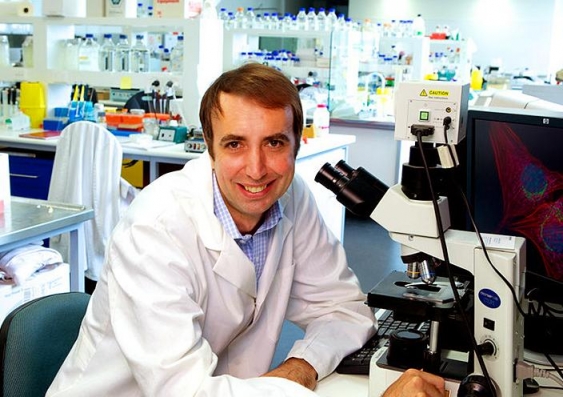Good deed research makes a better world, even if there's no cash in it
'Good deed' research rarely makes money or generates revenue, but it is in our children's interest, and our own, to fund it, writes Merlin Crossley.
'Good deed' research rarely makes money or generates revenue, but it is in our children's interest, and our own, to fund it, writes Merlin Crossley.

OPINION: A politician once asked me if begging for gifts had become universities’ unifying core business.
It wasn’t meant to be an offensive question; many worthwhile human enterprises are charities. The Salvation Army, Guide Dogs and the good Samaritans all do good work and ask for help to do it.
And, yes, universities also enjoy charitable status. But our research mission can be hard to explain, particularly when that research, no matter how important, will never attract investors.
I’ve decided to call public good, not-for-profit research by a shorter, snappier name - good deed research. But good deed research rarely makes money or generates revenue. Potential investors are few and far between.
If you discover a cancer gene that leads to the creation of a drug that blocks it, pharmaceutical companies will be scrambling to commercialise it.
But if your research proves the link between smoking and cancer, then it’s harder to find funding via privately invested shareholder money. Tobacco companies will not be rushing to knock on the door.
Knowing things can improve our world but introducing new rules about smoking, seatbelts and binge drinking is seldom easy. Various groups will win and others will lose from any policy change so progress requires evidence and argument.
Independent good deed research is the way to generate the required evidence and gifts of government or philanthropic funding make an essential contribution here.
There is an argument that private companies, like drug companies, should do research that has a prospect of making a return on investment in the short or medium term and that universities should do the research that is not expected to make a profit.
Universities should focus on things that shareholders would never fund. Universities should do good deed research because no one else will. This is an interesting argument. Academics are often enthusiastic about good deed research.
They also tend to like another type of research that isn’t likely to make a quick profit - curiosity-driven, blue-sky research. In the long term both these types of research will enrich our world, by providing savings or via unforeseen technological applications, but not for the light-hearted.
Of course, modern universities also engage in for-profit, public-good research. At best this can lead to successful commercialisation of discoveries and positive partnerships with industry. At worst it can see universities encroach on areas where industries are better placed to deliver. It is important that we are all clear about our missions.
When economic conditions and government budgets are tight it is tempting not to pay for good deed research - our generation can freeload on the investments of the past.
This strategy is one that will work for a while but we cannot last forever. Ultimately it is in our children’s interests, and our own, that we dig into our pockets and make a contribution to the pied piper.
Professor Merlin Crossley is Dean of Science at UNSW.
This opinion piece first appeared in The Australian.